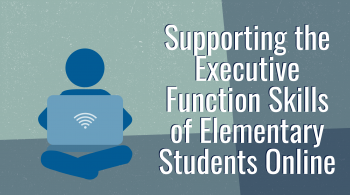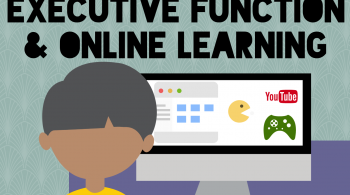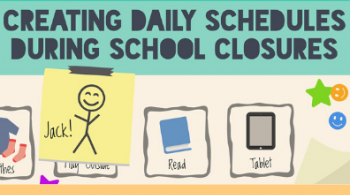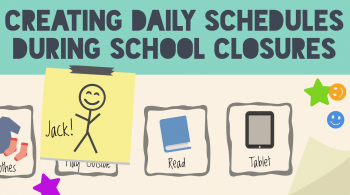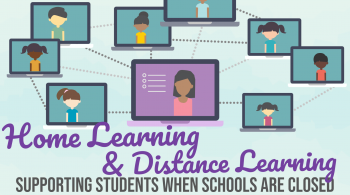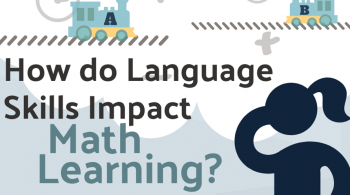 Many parents are starting to take notice of a new phenomenon: being an elementary school student these days is more complicated and demanding than when they were children. Life is more packed than ever before and stressors are in abundance.
Many parents are starting to take notice of a new phenomenon: being an elementary school student these days is more complicated and demanding than when they were children. Life is more packed than ever before and stressors are in abundance.
Now, new research is revealing that even children with superior intellect and solid executive functioning skills can succumb to anxiety in the face of these increased demands.
Anxiety can impair the executive functioning skills of children - even those without clinically significant levels of anxiety - to the point where learning is compromised.
Executive functioning is the ability to time or inhibit responses, to attend to the right things without being distracted, and to regulate one’s attention - to focus. Multiple parts of the brain are involved in thinking and learning. The parts work together as a network.
When anxiety levels increase, it is almost impossible to ignore one’s fears and this interferes with the executive functioning of the brain. The fight-flight response seems to be hard-wired in humans, making it difficult at times to focus, to retrieve information, and to make good decisions when threatened.
Fight-flight responses can inhibit executive functioning skills and, therefore, can impact the ability of a child or an adult to learn and to retain information.
Anxiety can also lead to a lessening of overall flexibility in one’s thinking. In children, this can manifest as a need for more routine and structure, and for advance notice of upcoming events or changes (i.e., “No surprises, please!”).
However, real problem-solving almost always requires mental flexibility in order to consider and choose from multiple possibilities. Anxiety can make this a more rigid and difficult process. Solutions aren’t always forthcoming when one is in a state of anxiety. Creativity can also be hampered.
So, what can parents and teachers do to positively influence anxiety levels so that the ability to perform cognitive tasks comes more easily to a student?
To help, adults need to better identify and minimize what a child might perceive as threats within his or her environment. This is the affective component of reducing anxiety levels. It’s not enough to try to reason with a child who is already established in a cycle of fight-flight. To that child, things that an adult would never perceive as threatening, may seem huge and frightening. Fears can’t really be talked away.
What’s an adult to do? Well, as simple as it sounds, not yelling is the primary strategy to adopt. Exposure to yelling or impatience can ignite a fear response in a child and can increase anxiety about a particular setting or person. Ability to learn or retain information can be reduced.
How can an adult create an atmosphere where it’s OK to not know the answer, to ask a question or to be unsure? It can be done with practice and consistency of message. The adult has to believe that these things are truly OK. Creating that kind of an atmosphere helps to relieve anxiety and allows a child to naturally seek the information he or she needs.
It is at this stage when the strategy component of anxiety reduction kicks in. When the child is convinced that not knowing the answer is truly OK and that being unsure and asking questions are actually part of the learning process, then sleuthing can begin. And sleuthing can make learning fun.
Consistency is important on the part of adults who are working on lessening anxiety in a child. Falling back into patterns of impatience or admonishing can raise anxiety levels again and erode trust between adult and child. It defeats the goal, which is to learn.
An anxious child without a calm and safe learning environment who is unsure of what is expected of him or her will feel threatened, and the child’s brain will have a difficult time learning new things.
Questions like, “How do we get that information?” and “What resources are available to us?” promote involvement and spark motivation. Children are naturally inquisitive. If it’s OK not to know something, it can empower a child - and an empowered child is, by nature, less anxious.
Source: Dr. Lisa Jacobson is a neuropsychologist at the Executive Function Clinic in the Neuropsychology Department at Kennedy Krieger Institute and is a core faculty member for the Center for Innovation and Learning in Special Education.







